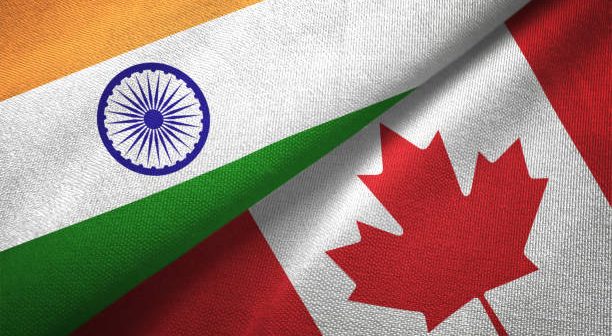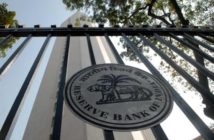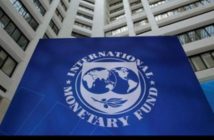The Canadian government’s recent insinuations that Indian Defense Minister Rajnath Singh is involved in orchestrating actions against Sikh separatists in Canada represent a reckless disregard for diplomacy and international relations. These unsubstantiated claims, echoing sentiments made during a parliamentary committee session led by Deputy Minister David Morrison, not only threaten to deepen the rift between Canada and India but also expose Canada’s troubling position as a sanctuary for individuals associated with Khalistan extremism.
Prime Minister Justin Trudeau’s administration has faced backlash for suggesting that India is actively targeting individuals in Canada under the guise of protecting national interests. Such allegations, lacking credible evidence, have the potential to inflame tensions, with India vehemently denying any involvement in the killing of Hardeep Singh Nijjar, a figure prominent in the Khalistan movement. The notion that a high-ranking Indian official is implicated in violent acts on Canadian soil is not only incendiary but also misleading, as it overlooks the complexities surrounding the actions of various groups within the Sikh diaspora in Canada.
The implications of these accusations are profound. India, a crucial economic and geopolitical partner for Canada, has made it clear that it views any insinuation of state-sponsored violence as a direct affront to its sovereignty. The ongoing dispute has led to a diplomatic standoff, with both nations expelling each other’s diplomats in response to these allegations. This tit-for-tat approach undermines the potential for constructive dialogue and cooperation on issues that matter to both countries, such as trade, security, and combating terrorism.
Moreover, Canada’s handling of Sikh separatists has drawn significant scrutiny. By allowing individuals linked to the Khalistan movement to operate freely, Canada is inadvertently providing a safe haven for extremism that is both destabilizing and counterproductive. The Royal Canadian Mounted Police (RCMP) has highlighted the rising threats posed by these groups, yet the Trudeau administration has shown a reluctance to take decisive action against them, framing their activities as expressions of free speech rather than acts of extremism.
The consequences of these actions extend beyond diplomatic relations. As Canada navigates its identity as a multicultural nation, it must also grapple with the reality that providing refuge to individuals promoting violent separatism could alienate a significant portion of the Indo-Canadian community, who may feel unsafe or marginalized by the escalating tensions.
In conclusion, the Trudeau government’s insinuations against India and its officials are not merely unfounded; they are a dangerous gamble that threatens to fracture a relationship vital for both nations. Unless there is a commitment to address these tensions with transparency and accountability, Canada risks becoming a pariah in international diplomacy while simultaneously enabling the very extremism it purports to combat.





